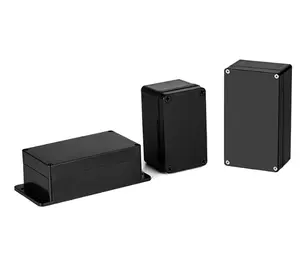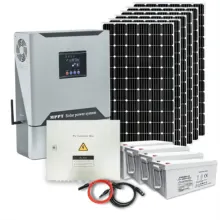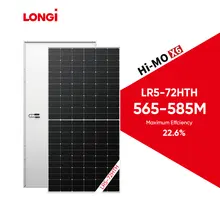Understanding the 26650 Battery Case
The 26650 battery case is a specialized container designed to house and protect 26650 batteries, which are a type of rechargeable lithium-ion cell. These cases are crucial for ensuring the safety and longevity of the batteries they hold, providing a shield against environmental factors and mechanical damage.
Types and Materials
There is a diverse range of 26650 battery cases available, each tailored to different needs. Common materials used in the construction of these cases include ABS plastic, which offers durability and resistance to impact, and stainless steel, known for its strength and corrosion resistance. PP (polypropylene) is another material often used for its chemical resistance and elasticity.
Design Features
The design of a 26650 battery enclosure often includes features such as secure locking mechanisms to prevent accidental openings and compartments that are tailored to fit the cylindrical shape of 26650 batteries. These cases may come in various colors, such as black, red, and green, allowing for easy identification and organization.
Applications of 26650 Battery Cases
26650 battery holders are not limited to a single use but are versatile in application. They are commonly utilized in the creation of battery packs for high-drain devices, such as portable power tools and various electronic gadgets that require reliable and sustained power delivery.
Advantages of Using a Battery Case
Using a 26650 battery storage case comes with several advantages. It provides a stable environment for the batteries, mitigating risks associated with carrying and storing loose cells. Additionally, these cases facilitate the organization of batteries, making it easier to manage power sources for those who rely on them for their devices.
Choosing the Right 26650 Battery Case
When selecting a 26650 battery container, it is important to consider the specific requirements of your application. Factors such as the number of batteries you need to store, the environmental conditions they will be exposed to, and the level of durability required should guide your choice.




































 浙公网安备 33010002000092号
浙公网安备 33010002000092号 浙B2-20120091-4
浙B2-20120091-4